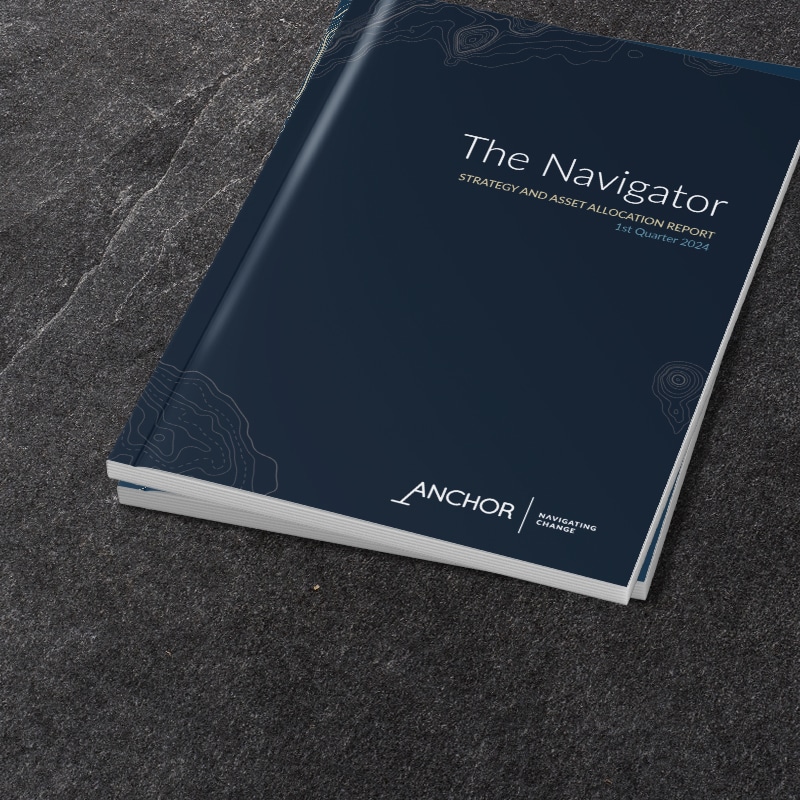INTRODUCTION
The topic of trusts is frequently spoken about and, more often than not, misunderstood. In this article we attempt to give the reader a simple understanding of an extremely complex subject which is ALWAYS very case specific. Although general principles may apply, each individual or family’s circumstances have to be analysed independently to decide on the application of trusts and the case for, and against, using these structures.
WHAT IS A TRUST?
A trust is a fiduciary relationship in which one party, known as a settlor or donor, gives another party, the trustee, the right to hold title to property or assets for the benefit of a third party, the beneficiary. All of the above is set out in the trust deed.
TRUST LEGISLATION
In SA, trusts are governed by multiple pieces of legislation, primarily the Trust Property Control Act 57 of 1988, the Administration of Estates Act 66 of 1965 and the Income Tax Act 58 of 1962. Locally, trusts have to be registered with the Master of the High Court (Master).
Offshore, trusts are governed by the legislation applicable to trusts in the jurisdiction in which such a trust is set up. Registration with local authorities will be specific, once again, to the applicable jurisdiction. In some instances, trusts do not have to be registered with the equivalent of our Master.
WHY DO YOU NEED A TRUST?
The primary reasons for setting up a trust are to protect assets from creditors, to act as an estate duty blocker and to distribute capital and income to beneficiaries according to the wishes of the Settlor.
WHEN DO YOU NEED TO CONSIDER A TRUST?
When you start to accumulate wealth (in this instance, wealth for a family means assets above R7mn), start a business, inherit assets and/or if you need protection from creditors e.g. when you run your own business.
WHERE DO YOU NEED A TRUST?
Depending on individual circumstances, a trust can be set up in SA or in various offshore jurisdictions; primarily those places which have become renowned for the set up and administration of trusts such as the Channel Islands, Mauritius and the British Virgin Islands (BVI), to name a few.
TYPES OF TRUSTS
In SA, there are a number of different types of trusts including a special trust, for persons not capable of managing their own affairs, charitable trusts, which are specially set up to make distributions to charitable organisations, testamentary trusts, set up in terms of a will, and an inter vivos trust, which is set up by an individual – inter vivos meaning ‘between the living’.
SETTING UP A TRUST
There is always a trust deed required which governs the workings of the trust and also does the following: appoints trustees, names beneficiaries, allocates powers to the trustees, dictates how distributions of income and capital can be done, defines how the trust terminates and prescribes how the administration and accounting of the trust is to be undertaken.
CONSIDERATIONS IN THE DEED
One needs to decide who the settlor is, who are the trustees going to be (locally, it is usually the settlor, other family plus ONE compulsory independent trustee, while offshore one always appoints corporate trustees with no SA link). Beneficiaries are also appointed in the deed, as is the accounting officer.
The following also needs to be considered: the administration of the trust, whether the trust has to be registered for tax and if a bank account has to be opened.
As important (almost) as the trust deed is a letter of wishes, which guides the trustees as to what the settlor’s wishes are with respect to his requirements and his intent as to how the beneficiaries benefit from the trust.
TAXATION OF TRUSTS
Taxation of trusts is complicated. Locally, trusts are taxed at the top marginal individual tax rate i.e. 45%, with no rebates allowed. However, there is the ability to apply the conduit principle and distribute income and capital gains to beneficiaries and then tax these in the beneficiaries’ hands at their respective tax rates.
Taxation of offshore trusts is a different matter altogether and more complex rules apply (these rules are too detailed to highlight in this article and would be best discussed at an individual level).
THE TRANSFER OF ASSETS INTO AND OUT OF TRUSTS
The transfer of assets into a trust is done by donation or as a loan – once again each has its own tax implications.
The transfer of assets out of a trust is done by distribution to a beneficiary or as a loan – there are often no tax implications, but this does also vary according to individual circumstances.
Trusts are extremely complicated structures which need to be used in the right circumstances and for the right reasons.
THE COST OF A TRUST
Trusts come with extra annual costs that need to be factored into the equation. These include trustees fees (which range from R5,000 to R30,000), accounting and administration fees (which differ depending on the complexity of the trust) and company fees if a business is held by the trust – these costs can range from R15,000 to R40,000. Costs do vary and offshore trusts are generally much more expensive to run than local trusts. There are also fees to set up trusts.
THE ADVANTAGES AND DISADVANTAGES OF A TRUST
The advantages of trusts range from the protection of assets from creditors, as an estate duty blocker, to accelerate wealth accumulation from generation to generation and trusts also have certain tax advantages.
The disadvantages of trusts include the fact that the individual gives up all control of the assets in the trust, legislation as it changes has to be monitored, and increased costs.
CONCLUSION
Trusts are extremely complicated structures which need to be used in the right circumstances and for the right reasons. They need to be constantly managed and administered and have to keep up with changing legislation to make sure they continue to play the effective role for which they have been established.
In this note we have only scratched the surface of a very complex subject so we would suggest contacting RCI directly if you would like to have a conversation about setting up a trust.



